Solana (SOL) price rally could fizzle out due to weak fundamentals
Solana’s (SOL) recent 250% rally to $25 has shocked many investors in the crypto market. At the same time, traders who had eyes on the negative funding rate for SOL in the futures market could have anticipated the bullish move ahead of others.
It’s because excessive negative funding rates, like the one in Solana displayed below, implies that the majority of traders are on the short side, providing an opportunity for buyers to run their stops.
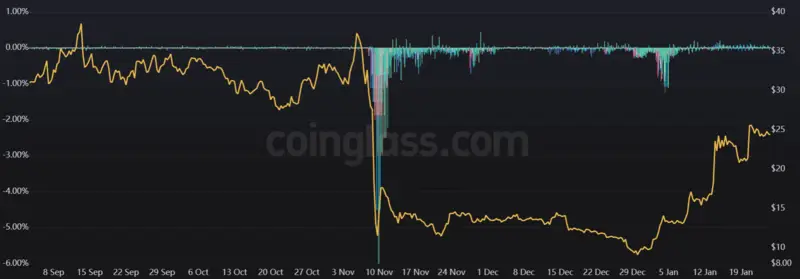
Regardless of the reason behind the price increase, if enough buyers are interested in joining the bullish move, it can turn into a medium-to-long-term bullish trend. However, Solana's fundamental and market analysis shows weakness, which will more likely cause a steep correction in the altcoin.
Solana finds a worthy competitor in NFT space
Solana ranks second in terms of NFT trading across blockchain platforms. Ethereum commands the lion's share of the total NFT trading volume with an 81.6% share. Solana has the second biggest pie with an 11.6% share, according to data from Delphi Digital.
However, the ecosystem received a setback when two of the largest projects in DeGods and y00ts decided to shift away from Solana. The departure of top-performing projects sets a bad precedent for product developers looking to launch NFTs. To date, Ethereum remains the go-to choice for big brands and community projects.

Moreover, Polygon has started gaining traction after forging key partnerships with brands like Reddit, Starbucks, and Meta. DeGods also chose Polygon over Solana after receiving a $3 million grant from Polygon Labs. Polygon’s business development team has been recognized as the best in business.
The usage data from Nansen for Polygon and Solana confirms the diversion where the number of active users on Polygon is spiking while Solana’s usage has been in a downtrend since mid-2022.
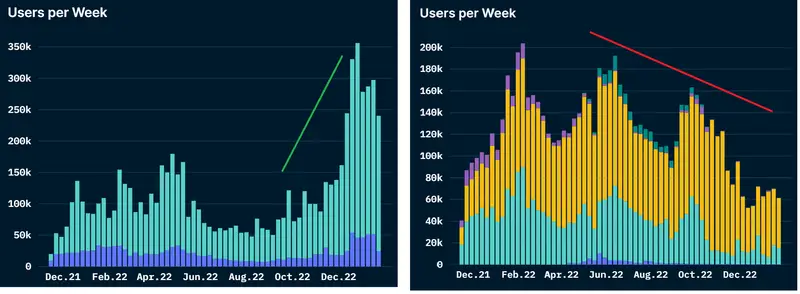
Solana has performance and trust issues
Solana’s network became unpopular last year because of frequent and lengthy network outages and hacks. There were more than five outages in 2022 alone. Jump Crypto, a market-making fund, has proposed a solution to the problem by developing a backup validator client, Firedancer. Its real-world performance is yet to be tested.
The total network fees metric is one of the most powerful indicators for analyzing activity across a platform. Solana’s statistics from token terminal showcase a downward trend in the network activity, with weekly active users declining each quarter since 2022.
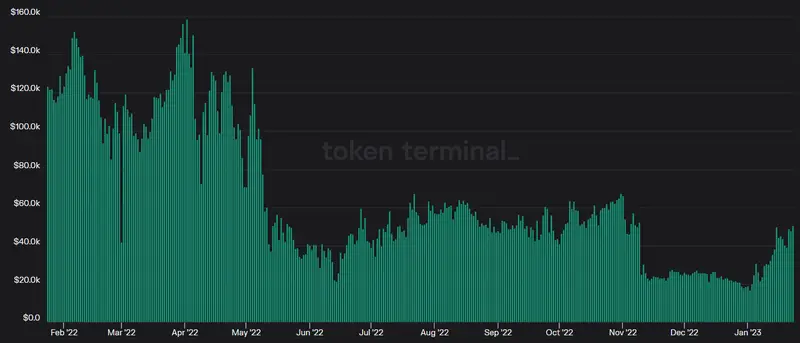
Besides downtime, the ecosystem also lost trust among users due to large hacks. The $312 million Wormhole bridge hack is one of the largest crypto exploits of 2022. There was also an incident where $8 million SOL was drained from users' wallets.
The final blow to trust came after FTX collapsed because FTX-Alameda was the biggest entity backing the Solana ecosystem. The defunct venture capitalist firm and exchange holds around 58 million SOL tokens, or 10.7% of Solana's total supply. Of these, 6.7 million will be unlocked annually until 2025, followed by 5 million SOL until 2028. These holdings add a significant sell-off risk.
FTX's collapse also took down Serum, the leading liquidity source for new DeFi applications. In this regard, the failure of the largest decentralized exchange, Mango Markets, also drove out many DeFi users.
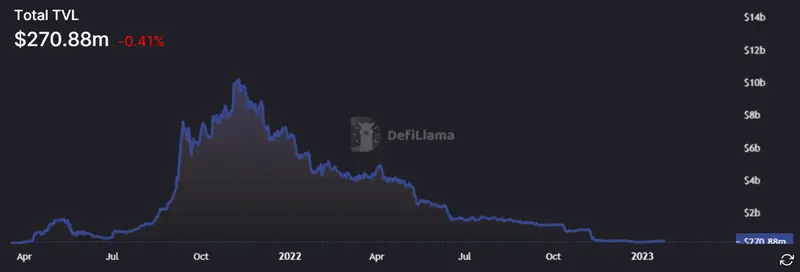
Bearish divergence spotted in SOL/USD chart
In all probability, the recent SOL price surge from $10 to $25 was the result of a short-squeeze in the futures market. The Moving Average Convergence Divergence (MACD) indicator shows a bearish divergence in the daily SOL/USD chart. The Relative Strength Index (RSI) which measures the market’s momentum also moved to oversold territory, raising the possibility of further correction.
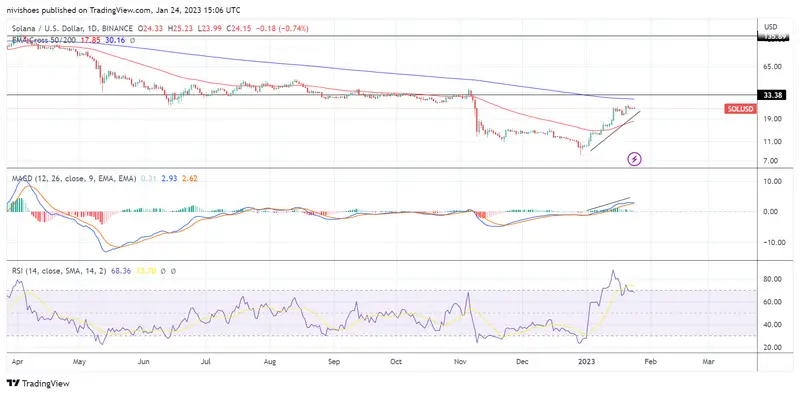
There’s a chance that the present bullish momentum will continue till it meets the resistance at $33, which is the breakdown area from the FTX collapse and where the 50-day Exponential Moving Average currently sits.
The long-to-short ratio in the future market still shows a slight bearish inclination of 51.5% in shorts versus 48.5% in longs. This will likely provide fuel for the last leg up in SOL/USD.

Conversely, a breakout above $33 level can cause a surge toward $135. Unless the Solana foundation establishes major partnerships like Polygon, or show improved usage data, the above seems highly unlikely.
The views, thoughts and opinions expressed here are the authors’ alone and do not necessarily reflect or represent the views and opinions of Cointelegraph.
This article does not contain investment advice or recommendations. Every investment and trading move involves risk, and readers should conduct their own research when making a decision.
Comments
Post a Comment